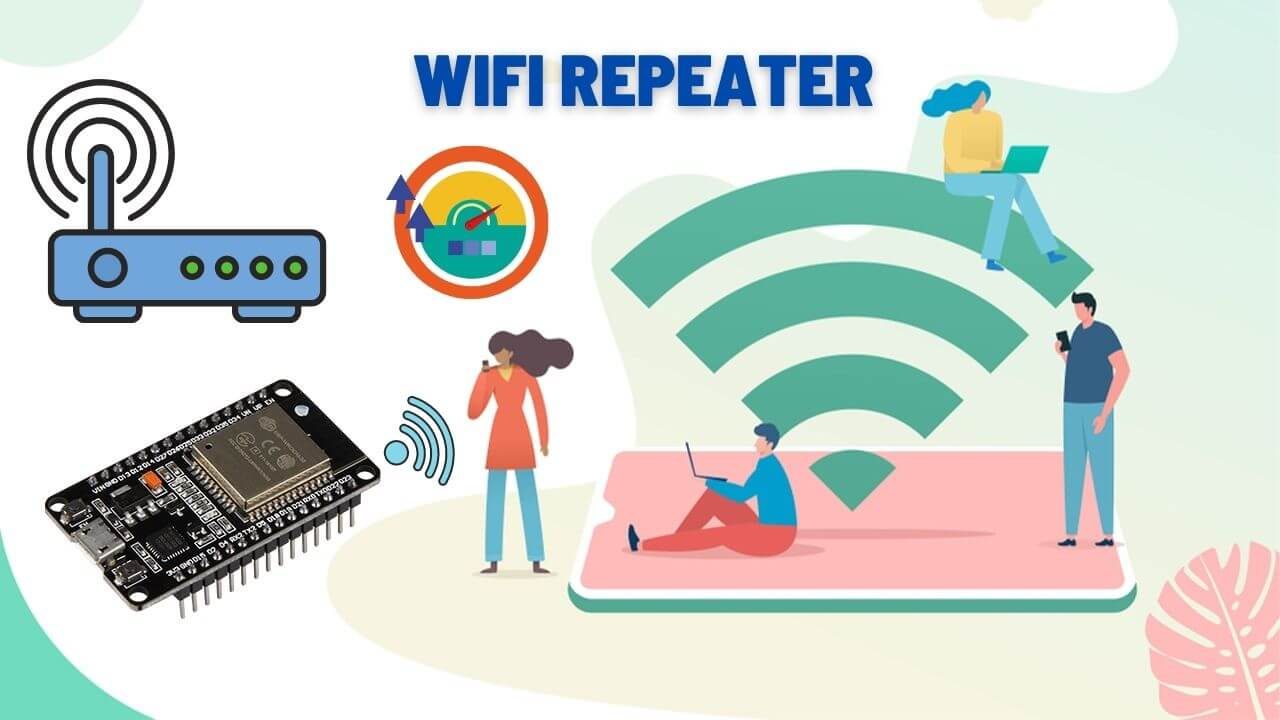Understanding Their Functionality, Advantages, and Constraints

Wi-Fi repeater stand as essential devices in wireless networking, designed to extend the coverage area of an existing Wi-Fi network. Understanding their working principle, benefits, and limitations provides insight into their role in enhancing network connectivity.
How Wi-Fi Repeater Work
Signal Amplification:
Wi-Fi repeaters receive and retransmit existing wireless signals, amplifying the signal strength to expand coverage into areas with weak or no signal.
Enhanced Coverage:
These devices capture the Wi-Fi signal from the primary router and then rebroadcast it, effectively extending the network’s coverage range.
Signal Degradation:
However, with each repetition, the signal may degrade due to interference or obstacles, potentially impacting overall network performance.
Benefits of Wi-Fi Repeaters
Extended Range:
Wi-Fi repeaters effectively expand the coverage area of an existing network, ensuring connectivity in areas with limited signal reach.
Cost-Effective Solution:
Compared to setting up additional routers, Wi-Fi repeaters enhance network coverage cost-effectively.
Ease of Installation:
They are relatively simple to install and require minimal technical expertise, making them accessible for home users.
Limitations of Wi-Fi Repeaters
Signal Degradation:
Repeaters can suffer signal degradation during transmission, leading to slower speeds or dropped connections.
Interference Issues:
Additional repeating signals can cause interference and congestion, decreasing network performance.
Half-Duplex Operation:
Many Wi-Fi repeaters operate in half-duplex mode, transmitting or receiving data at any given time, potentially leading to slower speeds.
Overcoming Limitations and Enhancing Efficiency
Placement Optimization:
Strategically placing repeaters within the optimal range of the main router can help minimize signal degradation.
Use of Modern Repeaters:
Advanced models have improved technology to mitigate signal degradation and interference issues.
Consider Alternative Solutions:
In some cases, other networking solutions, such as mesh networks or powerline adapters, perform better.
Conclusion
Wi-Fi repeaters are valuable tools in extending Wi-Fi network coverage, offering benefits like expanded range, cost-effectiveness, and easy installation. However, they also have limitations, including potential signal degradation and interference issues. Optimizing their placement and considering advancements in repeater technology can help mitigate these limitations. Exploring alternative networking solutions may also be beneficial in ensuring efficient and reliable network connectivity. Understanding how Wi-Fi repeaters work and their advantages and constraints is essential for making informed decisions to enhance network coverage and connectivity.